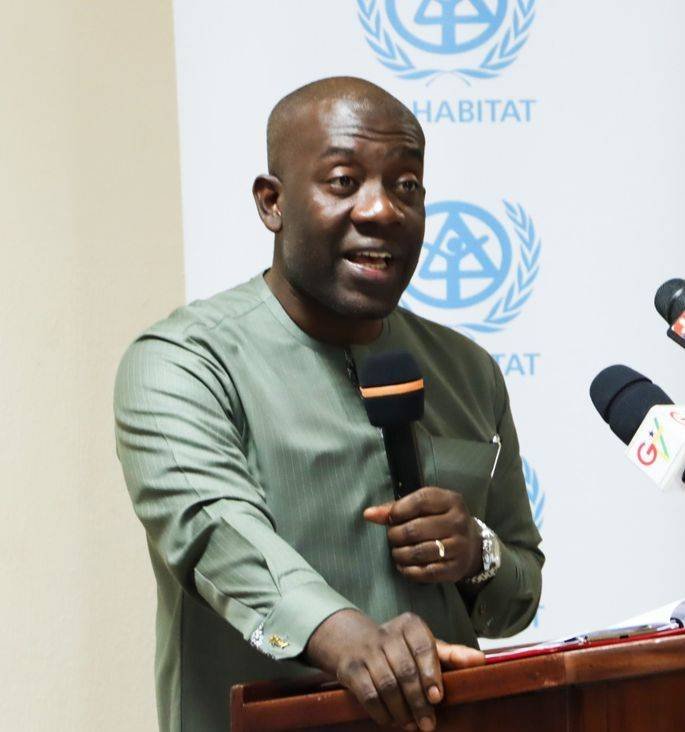
On Thursday, this week, we carried a story about the Ministries of Finance and Works & Housing engaging real estate developers and other stakeholders on a proposed incentives package for the housing industry, ostensibly to help address the housing deficit.
The Minister for Works and Housing, Kojo Oppong Nkrumah, outlined the proposed incentives at the Built Environment National Conference on Housing and Hydrology (BENCHH) 2024 held in Accra this week.
According to Minister Oppong-Nkrumah, the joint efforts between the two ministries would incentivise developers to undertake massive affordable housing projects across the country.
“Our goal is to deepen public-private partnerships and create an enabling environment for private developers to undertake large-scale affordable housing projects,” he stated.
The Minister emphasised that these incentives would be pivotal in overcoming the current housing deficit of 1.8 million units and meeting the growing demand for decent housing among Ghanaians.
The proposed housing incentives include tax breaks, reduced tariffs on construction materials, and streamline approval processes for housing developments, among other incentives.
The Minister emphasised that this collaboration would streamline public-private partnership (PPP) processes by introducing a master framework.
The 3-day conference discussed housing and flood-related issues and solicited inputs from relevant stakeholders. We have crossed our fingers waiting for the communiqué that will change the narrative around housing and floods in the country.
One of the challenges associated with staying in Ghana, particularly in the urban areas, is housing.
Apart from exorbitant rent charges, those who have the means to build, suffer unimaginable stress, ranging from land issues to building materials.
It is, therefore, heartwarming to learn about the initiative by the government to overcome the housing deficit in the country.
It is upon the basis of this that The Chronicle commends the Ministries of Works and Housing and Finance for the initiative.
We, however, hope that it will not be a nine-day wonder. We do not expect that, after the funds and resources as well as time to organise the conference, the policy document generated would rest in the shelves and gather dust, as usual.
Ghanaians have witnessed several of these conferences, but they have largely ended up being talk shows.
It is imperative to note that the conference was held in the midst of the Saglemi housing debacle and in a rainy season, where our roads and houses are being consumed by floods. These should be the motivation for actions that will be beneficial to the state and ensure prudent use of the taxpayer’s money.
The Ministry of Works and Housing and that of Finance, thus, have the onerous task of, among others, acting differently this time.
We will recommend that the proposed housing incentives, through the PPP arrangement, should make the houses really affordable. The agenda to overcome the 1.8 million housing deficits in the country risks hitting a snag should prices remain high.
The Minister for Works and Housing, Oppong Nkrumah, stressed the need for rigorous regulatory oversight to safeguard public safety and uphold industry standards. We agree with the minister on this. It is our hope that, after these incentives, the private developers will not quote their prices in dollars.
The post Editorial: Public-Private Partnerships To Overcome Housing Deficit Is Very Laudable appeared first on The Ghanaian Chronicle.
Read Full Story
















Facebook
Twitter
Pinterest
Instagram
Google+
YouTube
LinkedIn
RSS